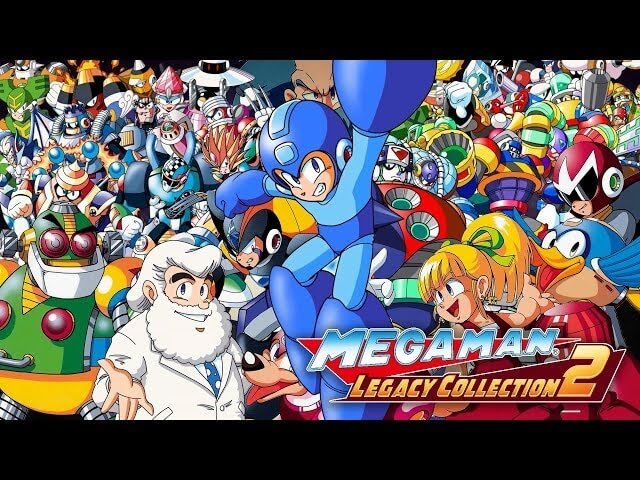Mega Man’s less-loved adventures get their time to shine in a new anthology

Every Friday, A.V. Club staffers kick off our weekly open thread for the discussion of gaming plans and recent gaming glories, but of course, the real action is down in the comments, where we invite you to answer our eternal question: What Are You Playing This Weekend?
Mega Man Legacy Collection 2
Mega Man is one of those fundamental video game series that I’m ashamed to say I’m still not very familiar with. Over the last few years, I’ve been doing my due diligence and really trying my best to get through the essentials, at least. I save-scummed my way through Mega Man 2 and 3. I tried my hand at X and Legends. But this weekend, I’m looking forward to spending some quality time with lesser-appreciated entries, thanks to Capcom’s nifty new anthology Mega Man Legacy Collection 2.
The first Legacy Collection was a landmark, a lovingly assembled product that packaged up the blue bomber’s NES years with incredible attention to detail. The emulation was spectacular, the bonus features were enriching and clever, and the overall presentation was slick and reverent. Digital Eclipse, the preservation-focused studio behind the original and Capcom’s Disney Afternoon Collection, did not return for Legacy Collection 2, and while it’s still a fine anthology with well-emulated versions of Mega Man 7 through 10 (bringing them to current-generation consoles and PCs for the first time), it isn’t quite as polished or lively as Digital Eclipse’s projects. Also, the in-house team at Capcom responsible for it decided to get rid of save states in favor of a new check-pointing feature, which just seems incredibly backward for this sort of release in 2017. Some of us are terrible at games, Capcom.

 Keep scrolling for more great stories.
Keep scrolling for more great stories.